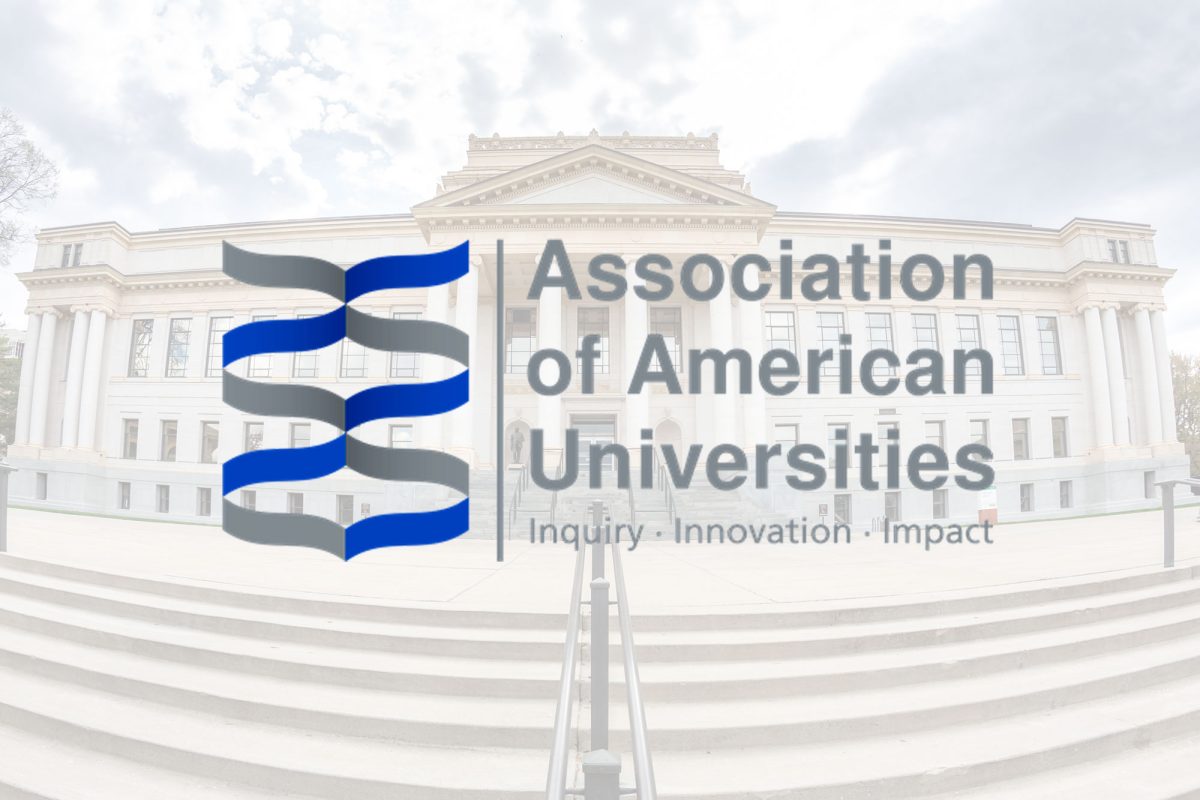One of the core pillars of Clemson Elevate, the administration’s “bold strategy for Clemson,” is to build an Association of American Universities-aligned research faculty. In general, the plan’s goal, suggested even by its name, is to build Clemson into one of the foremost elite colleges in this country, with a particular eye on joining the prestigious Association of American Universities.
But should we be trying to join this group?
First off, what is the AAU? Fundamentally, the AAU is a prestigious club of elite research universities such as Harvard, Duke, Michigan and the University of North Carolina-Chapel Hill. The group dates back to the turn of the 20th century when the most prestigious research universities of the time got together to establish common accreditation standards and lobby for more federal research money.
Over time, the accreditation standards have fallen by the wayside, and now it mostly functions as a lobbying organization. New members must be approved by three-quarters of the existing members.
While all membership decisions are private, some trends have come to light. All universities must have demonstrated a commitment to large amounts of high-quality research.
Another commonality is prestige. Schools included within the AAU often tend to be large schools with deep histories of academic excellence. They also tend to be rather selective. The University of South Florida, a recent member, has an acceptance rate of 44%, according to U.S. News, not to mention the acceptance rates at schools such as Georgia Tech or Duke, which are around 16% and 5%, respectively.
But does this fit with who we are at Clemson?
In some ways, yes. We are a large research institution, and we are a relatively prestigious school (after all, a Clemson graduate needs no introduction).
But in many ways, the AAU’s vision of a university conflicts with the core identity and mission of Clemson.
Take research. While Clemson has always done research, traditionally, it has focused on agriculture and bettering the lives of ordinary people. We have a proud history in this field, working as the pioneers in agricultural extension. This partly comes from our founding as a land-grant school and partly comes from Thomas Green Clemson’s commitment to supporting agriculture in this state.
And yet, this is the research that the AAU discounts. The same goes for our defense and power research, core areas of interest.
Another example is admissions. Clemson was founded with a vision to be a university accessible to “the graduate of the common schools,” as stated in Thomas Green Clemson’s will.
“My purpose is to establish an agricultural college which will afford useful information to the farmers and mechanics, therefore it should afford thorough instruction in agriculture and the natural sciences connected therewith — it should combine, if practicable, physical and intellectual education, and should be a high seminary of learning in which the graduate of the common schools can commence, pursue and finish the course of studies terminating in thorough theoretic and practical instruction in those sciences and arts which bear directly upon agriculture… & mechanical industries,” as the will of Thomas Green Clemson, which established Clemson Agricultural and Mechanical College, states.
Does this fit the mold of Michigan and Yale?
Overall, it is not clear to me that this is a club that wants us or that we should want to be a part of. Recently, the AAU lost Nebraska and Iowa State, widely rumored to be because the universities focused too much on agricultural and engineering research and because they were not selective enough.
If joining the AAU just means investing in better faculty and more research, then great, we should do that.
But if joining the AAU means being more selective, if it means not taking pictures of the cows during Agriculture Week, if it means changing our values, or not giving ordinary kids extraordinary opportunities through education and research in fields of practical value, then maybe we don’t need to sit at the cool kids’ table.











Dave F • Jan 18, 2025 at 1:38 am
You don’t ask to join the AAU. The AAU asks you.
John J Kimball, '68 • Feb 11, 2024 at 11:46 am
AAU appears to be more a status organization for bragging rights and to receive financial provisions.
Clemson can do all the research and practical investigations it wants and continue to grow its outstanding reputation without the academic fluff of the AAU.
Focus on what you do with and for the students, faculty and staff. Forget the frothy fluff of what organizations to which it belongs.